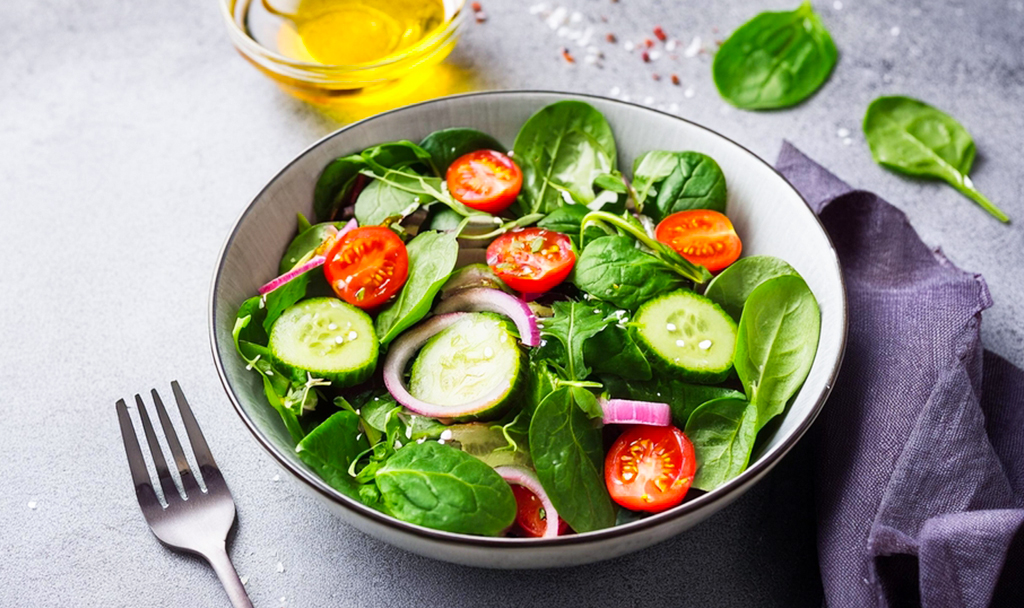Daily eating of salad is generally viewed as a low-key, healthy habit. But is it actually healthy for your body in the long term? Can you rely on it as a daily meal without facing nutritional inadequacies or boredom? The answer is positive—daily intake of salad can be amazingly healthy, provided that it’s adequately balanced, varied, and skillfully prepared.
As registered dietitian Florence Foucaut of the French Association of Dietitians-Nutritionists puts it, “A well-composed salad is one of the most effective means of boosting your consumption of raw vegetables, which keep their vitamins and enzymes.” She continues, “Leafy greens such as spinach and arugula are good sources of vitamin K, folate, and phytonutrients that maintain cellular health.”
The Proven Benefits of Eating Salad Every Day
Numerous studies show that eating a salad every day can actually enhance overall health. Salads are packed with fiber, which controls digestion, improves gut microbiota, and promotes fullness—suppressing the urge to snack between meals. The Journal of Nutrition indicates that regular raw vegetable intake is associated with reduced risk of heart disease and some cancers.
Colorful salads made with carrots, red cabbage, bell peppers, or beets are full of antioxidants like beta-carotene and flavonoids. They fight oxidative stress, which is a major cause of aging and chronic disease development.
Don't Fall for the Empty Salad Trap
Despite all the benefits of eating salad on a daily basis, there are some errors which should be done away with. A mere combination of lettuce and tomato will not suffice to get your body going. Renowned nutritionist Dr. Jean-Michel Cohen advises, “A salad without protein or healthy fats might leave you nutritionally unbalanced and hungry again in an hour.”
In addition to getting your salad into a meal type, always include:
- Protein: grilled chicken, hard-boiled eggs, tofu, lentils, or tuna.
- Healthy fats: olive oil, avocado, flaxseeds, walnuts, or chia seeds.
- Optional complex carbs: quinoa, brown rice, sweet potato, or whole-grain bread.
And watch out for store-bought dressings, which tend to be full of sugars and saturated fats. Instead, make a homemade vinaigrette with olive oil, mustard, and lemon juice: it’s healthier and tastes better.
Variety Is Key When Eating Salad Every Day
One of the greatest ways to make the most of salad a day is to change things up. The same ingredients day in and day out may limit your nutrient intake in the long term.
Rather, switch up the greens (like kale, romaine, or arugula), incorporate seasonal vegetables, and add fermented foods like sauerkraut for probiotics.
Experiment with colors, textures, and cultural heritage—spices, roasted vegetables, a splash of citrus, or berries to boost flavor and nutritional variety.
Final Thoughts: Make Salad Eating Every Day a Healthy Habit
As Florence Foucaut aptly puts it, “A daily salad can be a health booster—as long as it‘s more than just lettuce and bottled dressing.”


























Leave a Reply